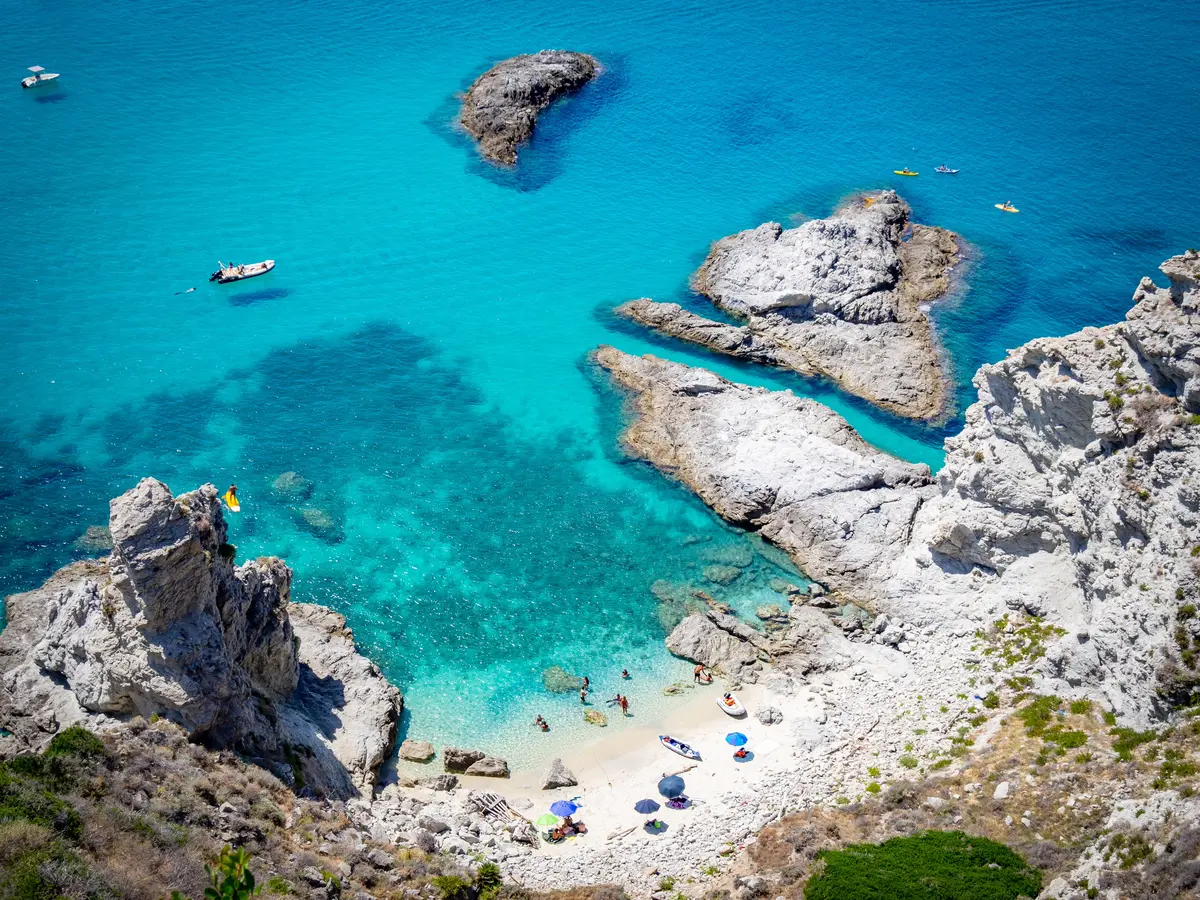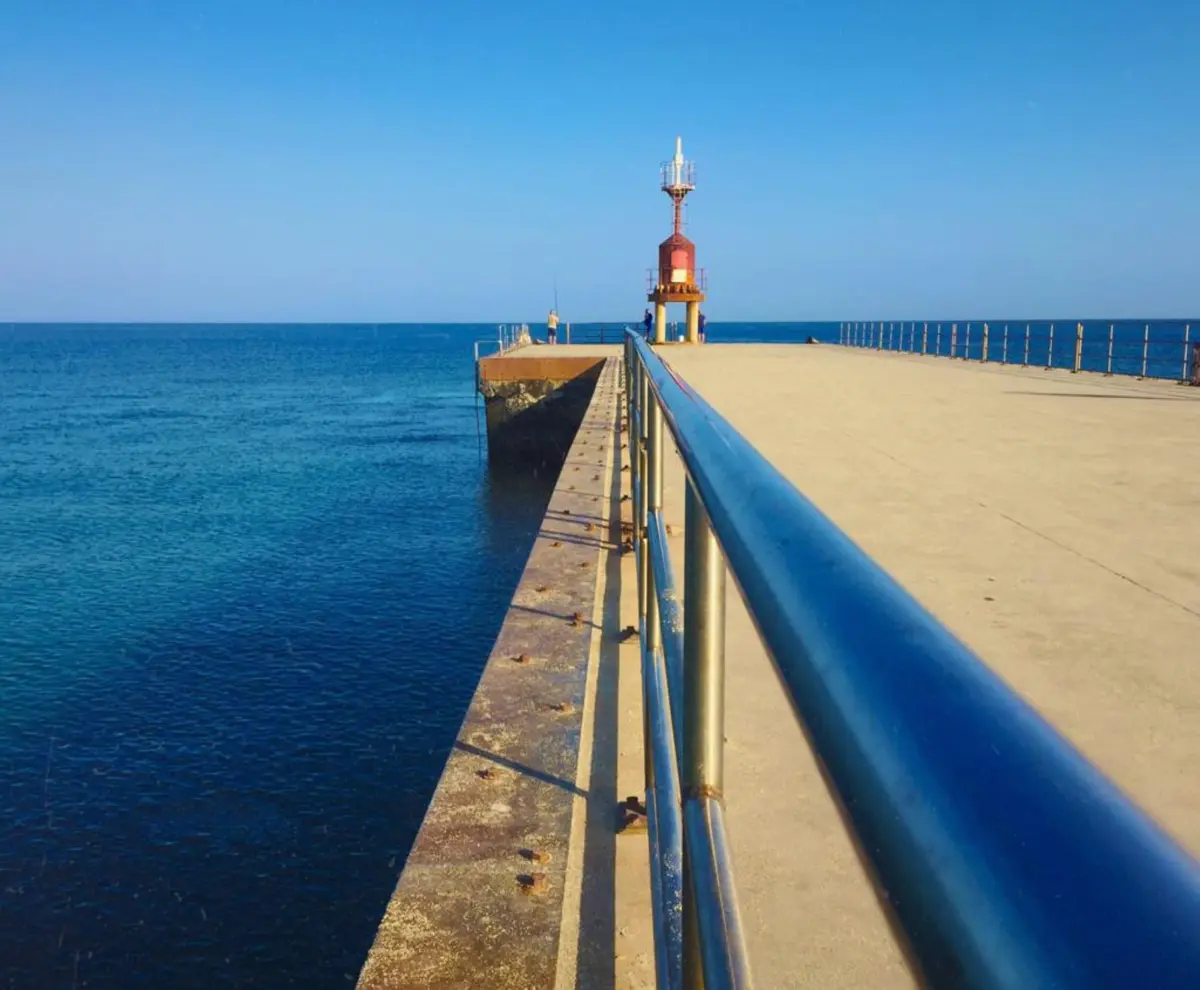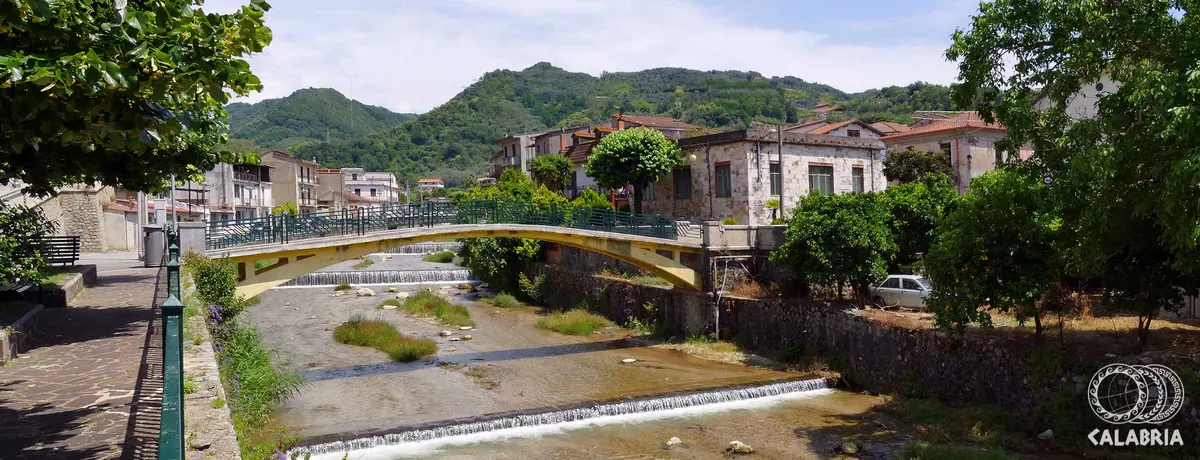Nicotera
Nicotera, the city of the Mediterranean Diet

Food and wine
Nicotera - Luca Fregola
Nicotera (Calabria) is a seaside town in the province of Vibo Valentia. The Marina di Nicotera, Costa degli Dei, stretches over a large free and sandy stretch and for its characteristics perfect for children and families boasts the Green Flag.
In addition to the sea, Nicotera offers an ancient and monumental historic centre in a panoramic position and an important Italian record: it is the place where the concept of the ‘’Mediterranean Diet‘’, now a UNESCO World Heritage Site, was first developed.
It was the 1960s when the American physiologist Ancel Keys came to Calabria to study the connection between the so-called ‘’diseases of well-being‘’ (cardiovascular and gastric, first and foremost) and the lifestyle of some of the world's longest-living populations. Among them, Nicotera itself offered the perfect example of a healthy lifestyle linked to food: a diet that draws the raw materials for a proper diet from the sea and the countryside.
After a day in the Marina of Nicotera, along its splendid Green Flag beach, a visit to the historic centre further up the mountain offers the opportunity to admire a village perched around its landmark buildings, the Ruffo Castle and the Cathedral of Santa Maria Assunta, which still retains clear traces of the Mediterranean populations that have inhabited it throughout the ages, as demonstrated by the presence of the Giudecca, the ancient Jewish quarter.
Useful information
What to know about Nicotera
Where to Sleep
There are 50 available accommodations.
Places
There are 2 places to visit.
Travel Ideas
There are 8 travel ideas.
Infopoint Nicotera
Corso Umberto I, Nicotera
No result








